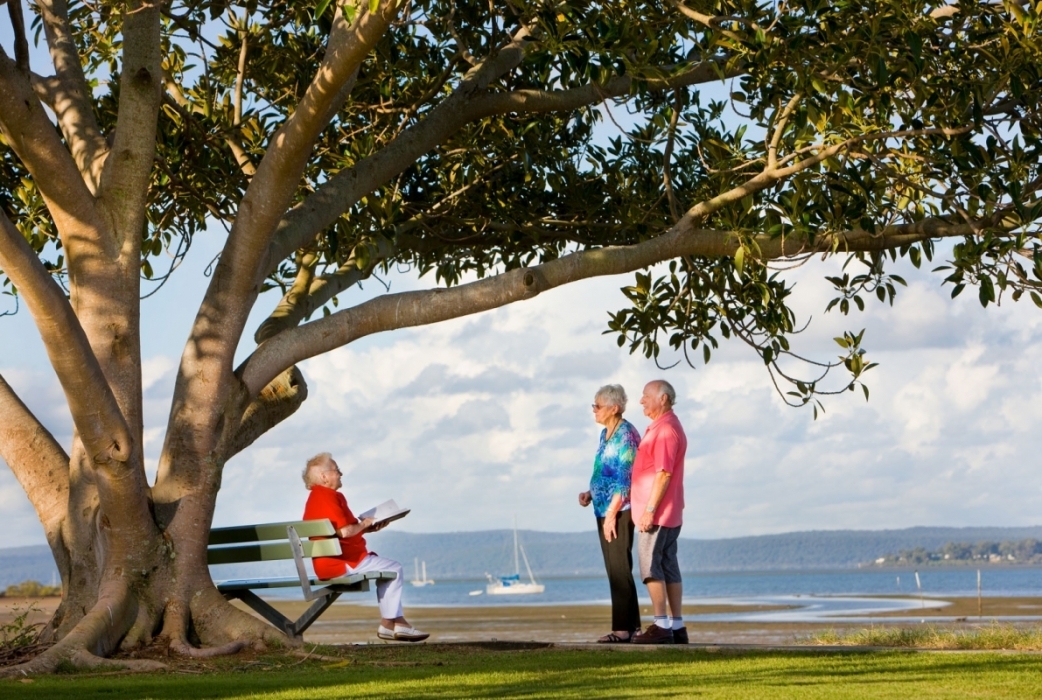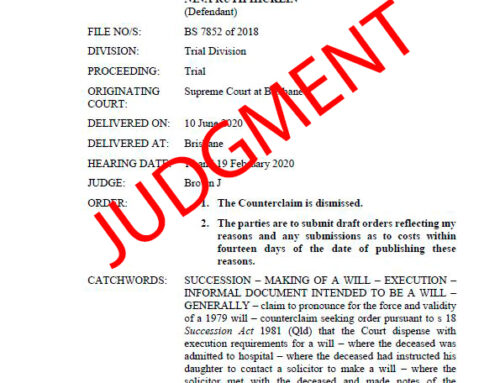With the emergence of an ageing population retirement villages throughout Australia are growing at breakneck speed. The 2011 census recorded that there were 298 Deferred Management Fee Retirement Villages operating in Queensland alone, with all indications showing an upward forecast for this number.
Retirement villages are governed by Federal legislation (Aged Care Act (Commonwealth)) and State legislation (in Queensland the Retirement Villages Act 1999).
Types of Retirement Villages
There are many and varied accommodation units offered to our ageing population, some of which need to comply with relevant State legislation (in Queensland the Retirement Villages Act 1999) and in other instances provide aged care to the elderly (the Aged Care Act).
This article is directed at the requirements of scheme operators providing accommodation to retirees having regard to the provisions of the Retirement Villages Act 1999 (Qld).
Normally the accommodation unit is an independent living unit (a serviced apartment or an assisted care apartment) the cost of which varies significantly depending on the level of care to be provided by the scheme operator to the retiree. Generally independent living units are reasonably priced and increase in value if a serviced apartment or an assisted care package is required. It is important that a potential purchaser of an accommodation unit is fully aware of what he or she will be purchasing. As a general rule one purchases “lifestyle” rather than “bricks and mortar” when entering into a retirement village contract.
The tenure that one receives in an accommodation unit located within the retirement village can vary significantly between freehold tenure, leasehold tenure and licence (sometimes protected by a loan agreement and/or mortgage). What you get for your dollar differs significantly between retirement villages. These days few retirement villages offer freehold tenure. Some offer leasehold tenure with a mortgage or loan back and others offer a licence with a loan back. There are also some who offer a licence only.
The funds paid for your right to reside in an accommodation unit are known as your “ingoing contribution”. That ingoing contribution is significant and will be eroded over the years that you remain an occupant of the accommodation unit as you are charged a percentage of your ingoing contribution as an exit fee. The exit fee for retirement villages varies from village to village and you should ask the question “what amount will be refunded in the event that I decide that I am not suited to this accommodation unit or should I pass on”. The answer you will receive from the different retirement villages will differ significantly.
The ingoing contribution for your accommodation unit will vary depending on the age of the retirement village and the facilities offered by the retirement village. Some retirement villages offer swimming pools, bowls greens, mini golf, putt putt courses, libraries, reading rooms, etc.
In addition to your ingoing contribution you will be required to pay a weekly general service charge to cover the costs of management and administration gardening and minor maintenance, recreation and entertainment facilities, cleaning, insurance, rates, taxes, charges and other services.
It is imperative that you have an understanding of your basic rights and obligations before deciding to proceed with the acquisition of an accommodation unit, however, all is not lost if you regret your bargain and decide that you do not want to proceed with the purchase as the Retirement Villages Act provides that you are entitled to a 14 days cooling off period from the date on which the Residence Contract becomes unconditional.
To ensure that any pitfalls are avoided and the plethora of associated paperwork is understood we encourage you to contact us, after you have found your dream accommodation unit, before you sign off!





